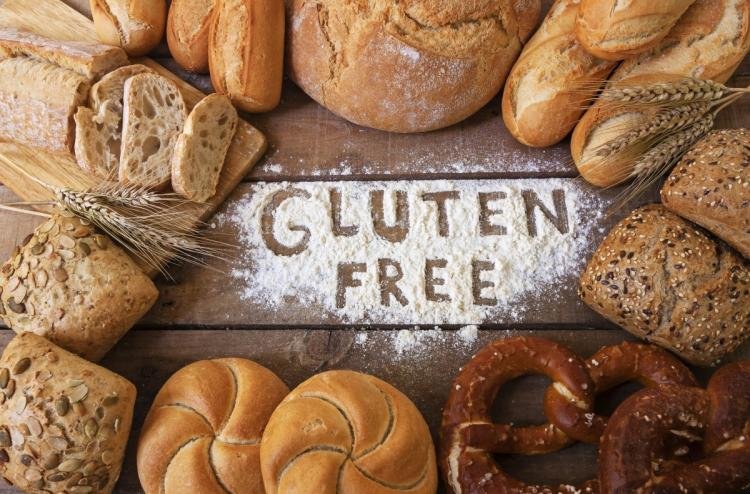Gluten-free diets are essential for people with gluten-related disorders, but a gluten-free diet has also been promoted for weight loss and to treat a host of other ailments. So this week on "The Issue" we are going to ask ourselves, should we be gluten free?

You see the term gluten free on breakfast cereals, cake mixes, pastas, soups, and a host of other products. General Mills, the cereal giant, even has a Web site dedicated to helping people eat gluten free. Celebrities are touting the benefits of going gluten free. Gwyneth Paltrow and Miley Cyrus swear by it for weight loss. Rachael Ray devoted a show to gluten-free cooking. Gluten-free diets are essential for people who have gluten-related disorders; however, they have also been promoted as a healthier way of eating for everyone. Advocates claim that eliminating gluten promotes weight loss and helps those suffering with joint pain, rheumatoid arthritis, osteoporosis, anemia, and diabetes. They contend that individuals with these conditions have undiagnosed celiac disease or non-celiac gluten sensitivity (NCGS). This may be the case for some people since only about 10 to 15% of patients with celiac disease are believed to have been diagnosed, and it is estimated that as many as 18 million Americans have NCGS. For both these groups eating a gluten-free diet is likely to be of benefit. However, there is little evidence that switching to gluten free will help relieve these conditions in those who do not have a gluten-related disease.
What about going gluten free for weight loss or to improve overall health? Marketing has made following a gluten-free diet appear to be a healthier way of eating. However, gluten-free foods are not necessarily healthier or lower in calories than other foods. Gluten is found in breads, pastas, and breakfast cereals—all good sources of B vitamins, iron, and fiber—so if you just eliminate these foods, you will increase the risk of nutrient deficiencies. If you replace gluten-containing processed foods such as cereals, pasta, and muffins with processed gluten-free versions of these foods, you probably won’t decrease your calories or increase the nutrient density of your diet. If you skip high-carbohydrate, gluten-containing snacks like crackers and cookies but then replace them with potato chips and ice cream, your diet could be higher in calories than your original diet. But if you replace gluten-containing refined grain products with gluten-free whole grains such as amaranth, millet, and quinoa and other whole foods such as fresh fruits and vegetables, the switch may help you lose weight and improve your overall diet.
Gluten-free bread is made by using gluten-free flours such as rice flour, garbanzo bean flour, tapioca flour, and millet flour instead of wheat flour and including xanthan gum to give it elasticity.
Is the gluten-free fad good or bad? Proponents think a gluten-free diet will improve everyone’s health. And, in general, any change that makes you carefully plan your diet is a good thing. Individuals with gluten-related disorders are benefitting from the craze because it has increased the availability and quality of gluten-free foods, improved the labeling of gluten-free products, and heightened awareness of gluten-sensitive diseases. However, for those without gluten-related disorders, it unnecessarily eliminates a large number of nutrient-dense food options.
Personal Note
I have not tried the gluten free diet but I know that it is emerging as a more popular diet choice. I believe that this is a trend that should be tested because of its increase in popularity. If you have any questions always remember to speak to a nutritionist for your lifestyle choices.
-Maré Productions
if you enjoyed the read, give us an upvote/resteem
so that others can enjoy as well...until next time
I have tried gluten-free diet before. The only changes that I noticed was my acne started to disappear. It's quite difficult to quit gluten but the end results were worthwhile.